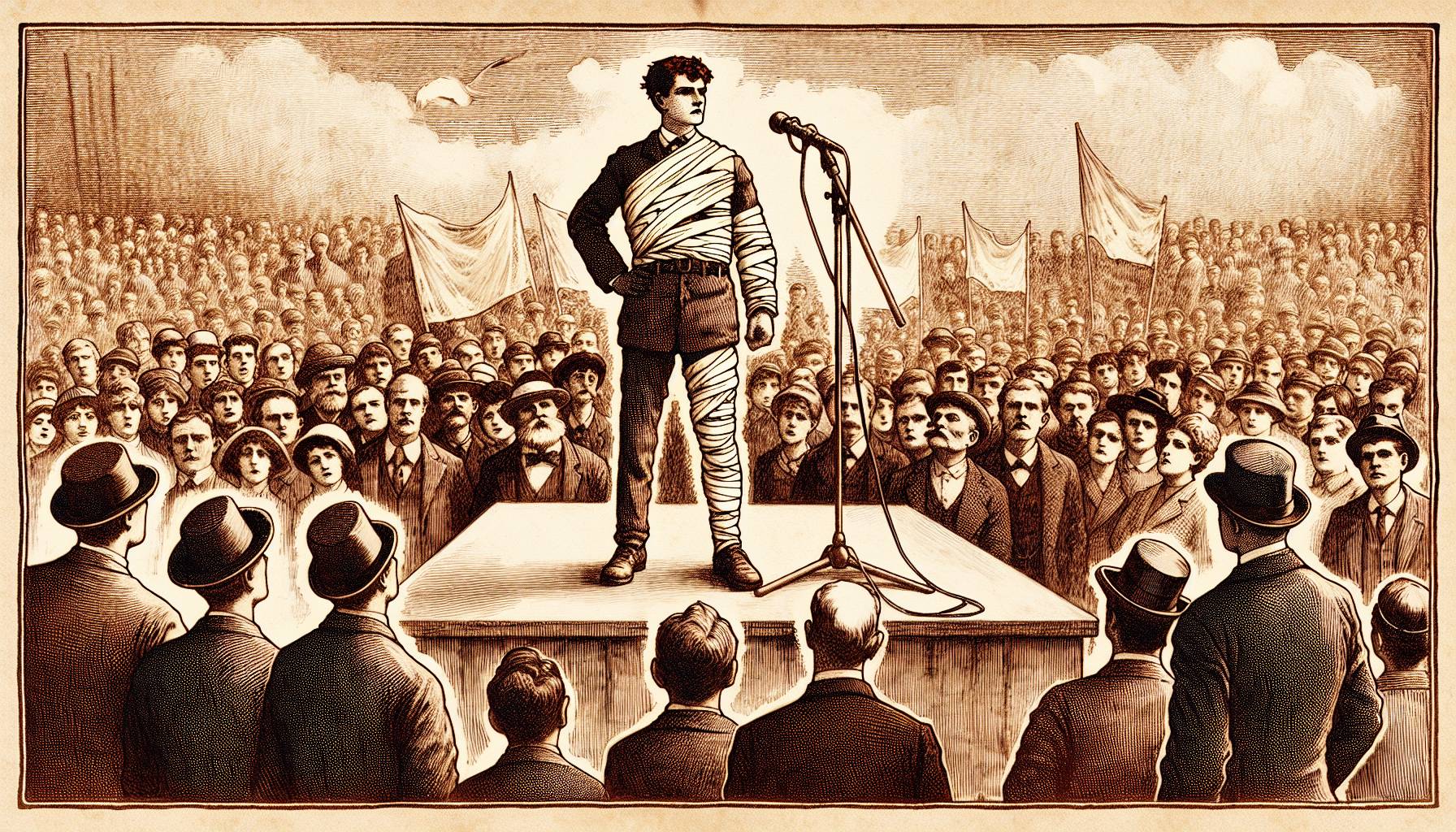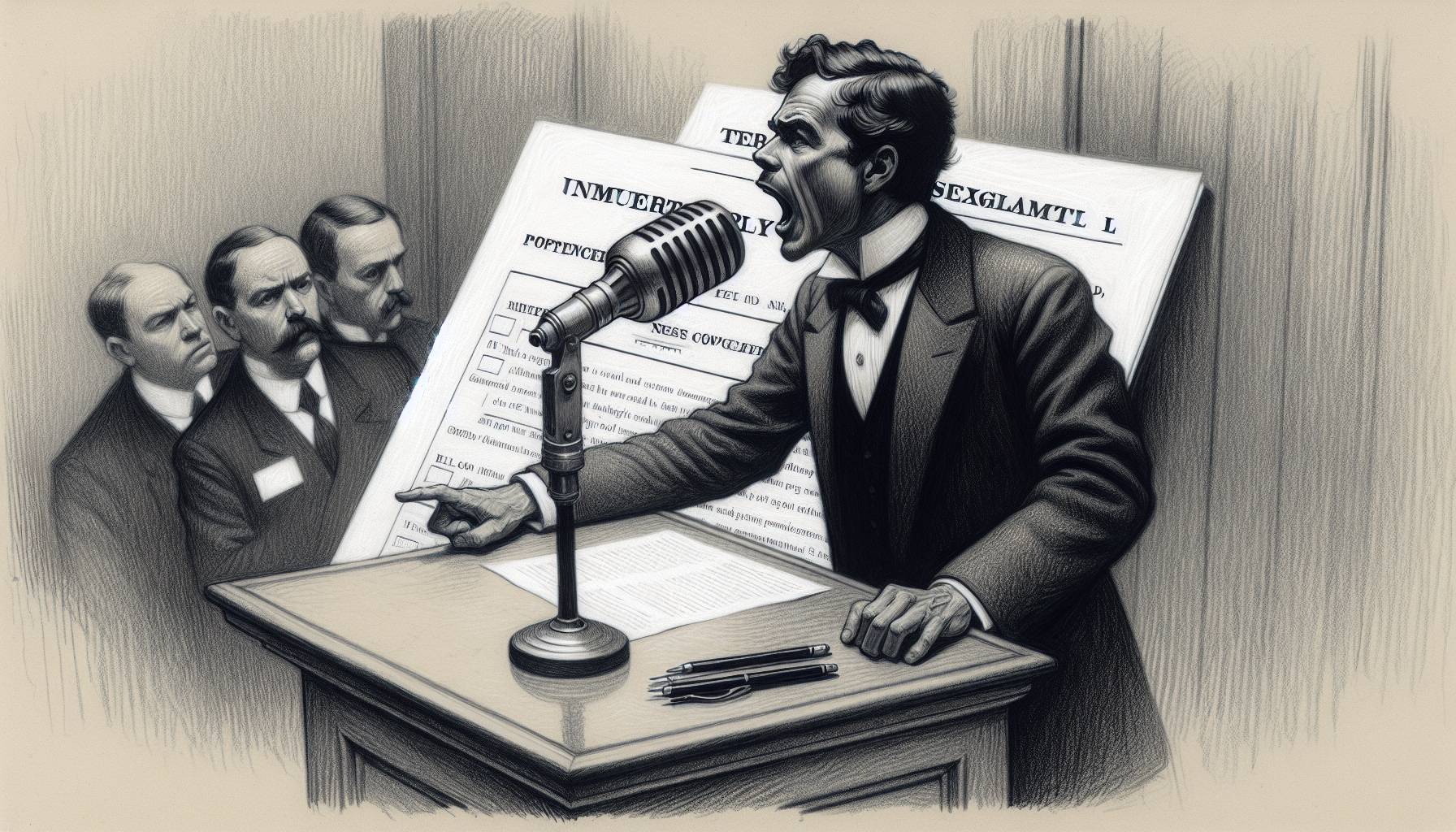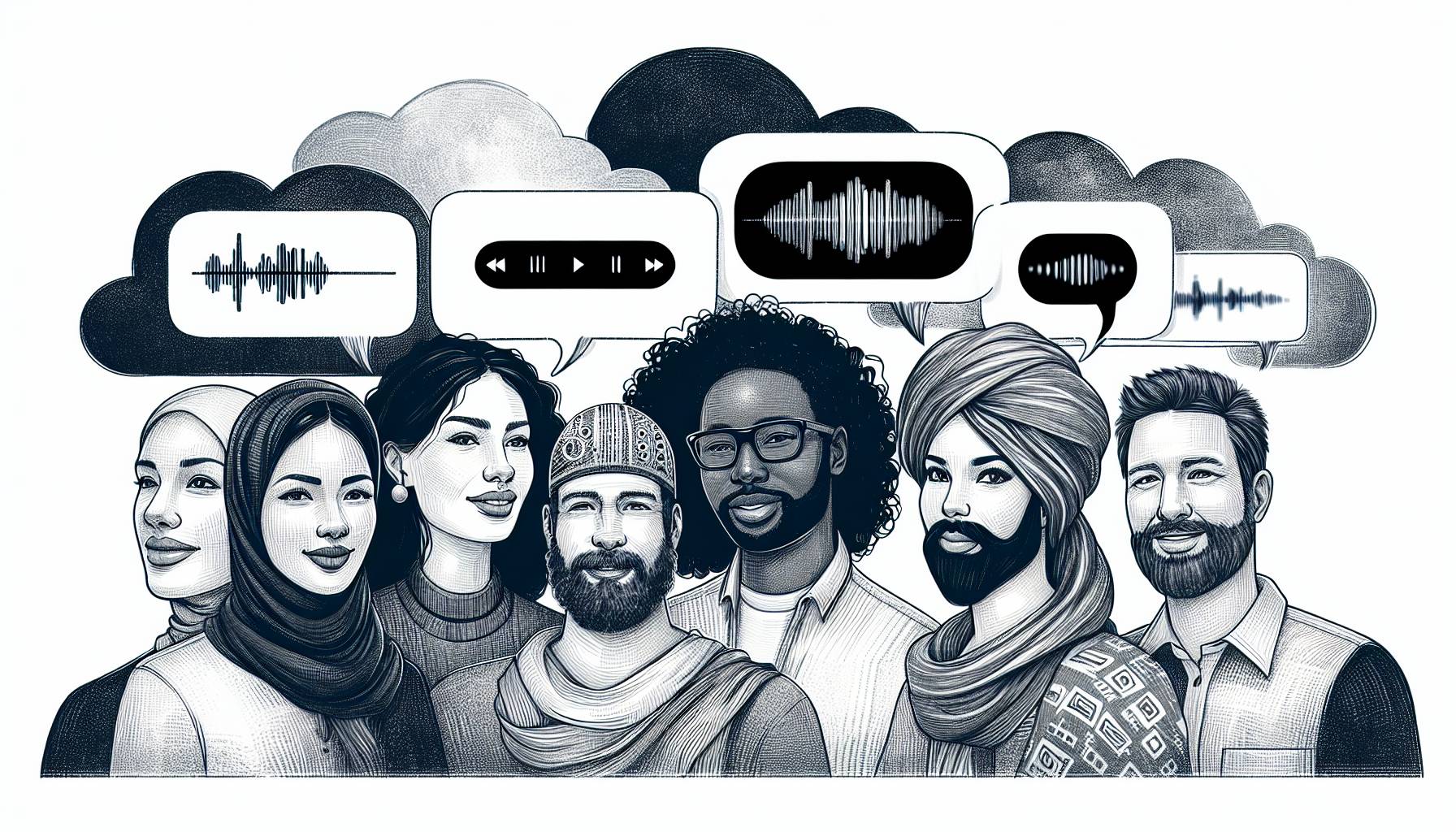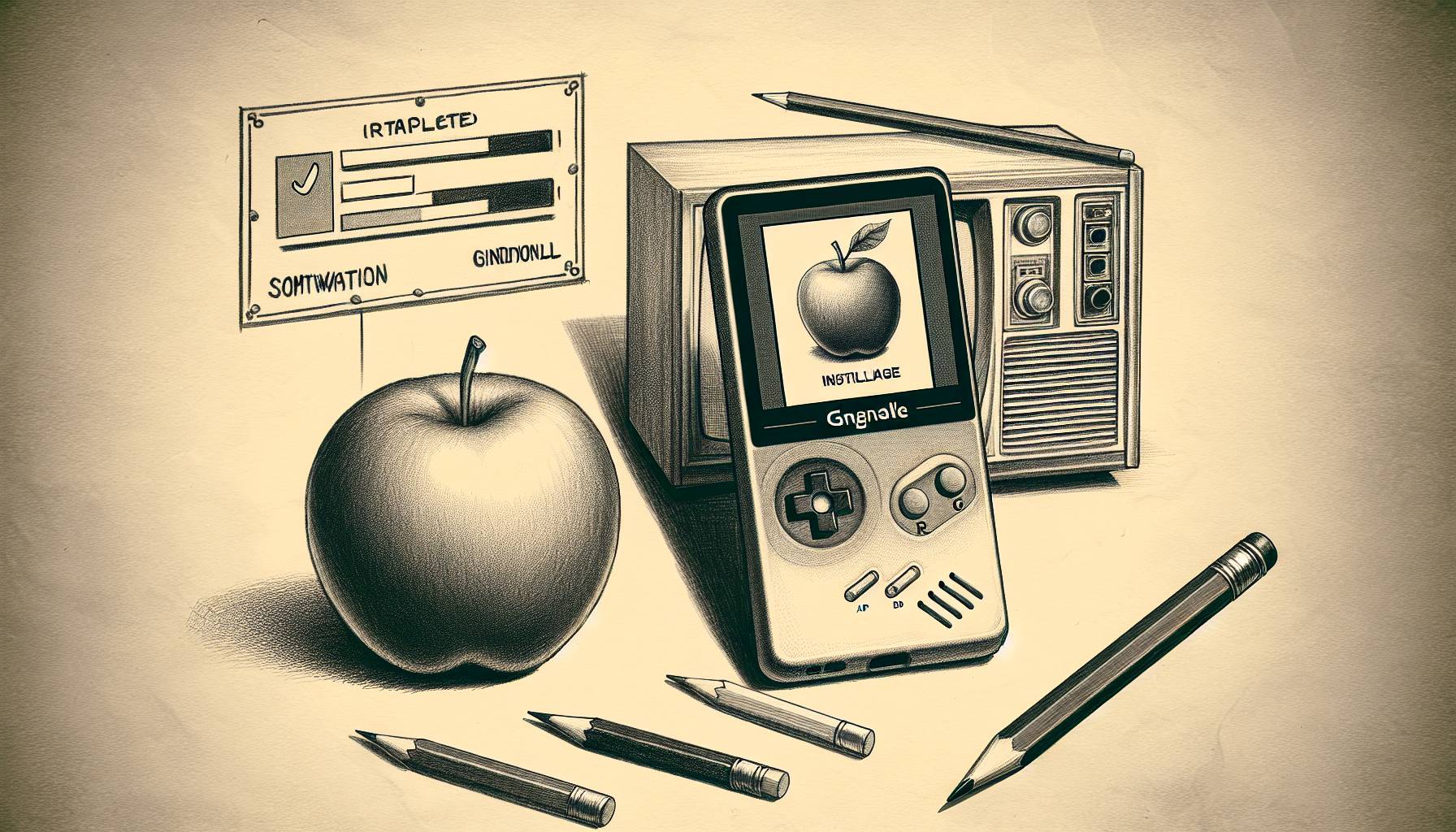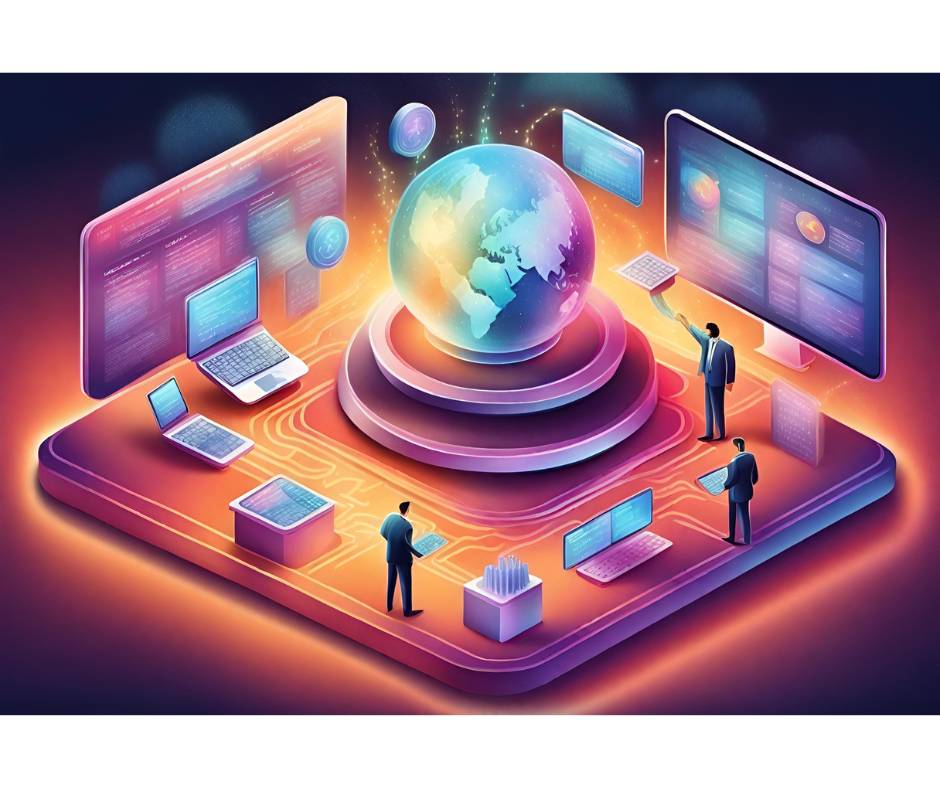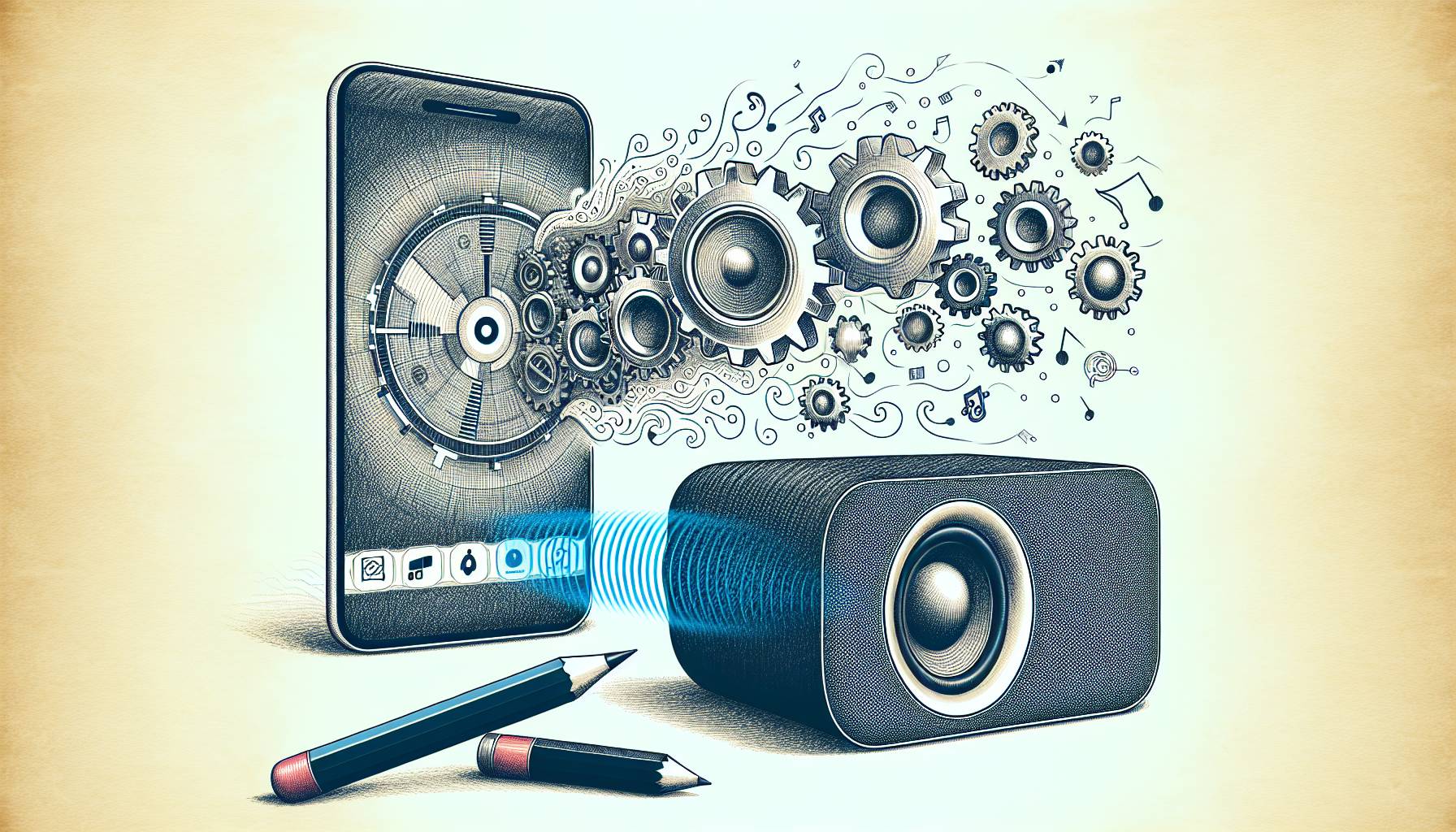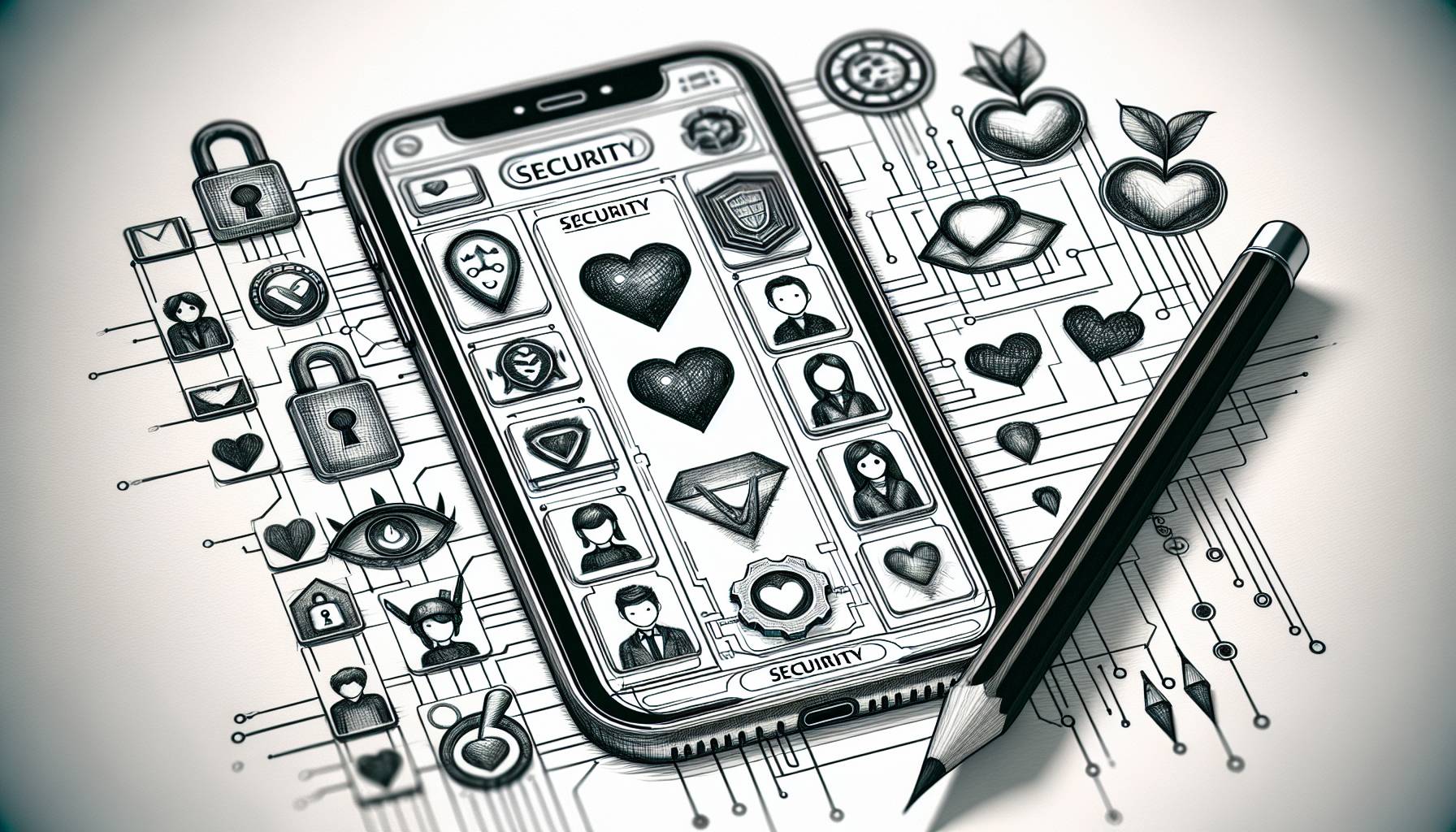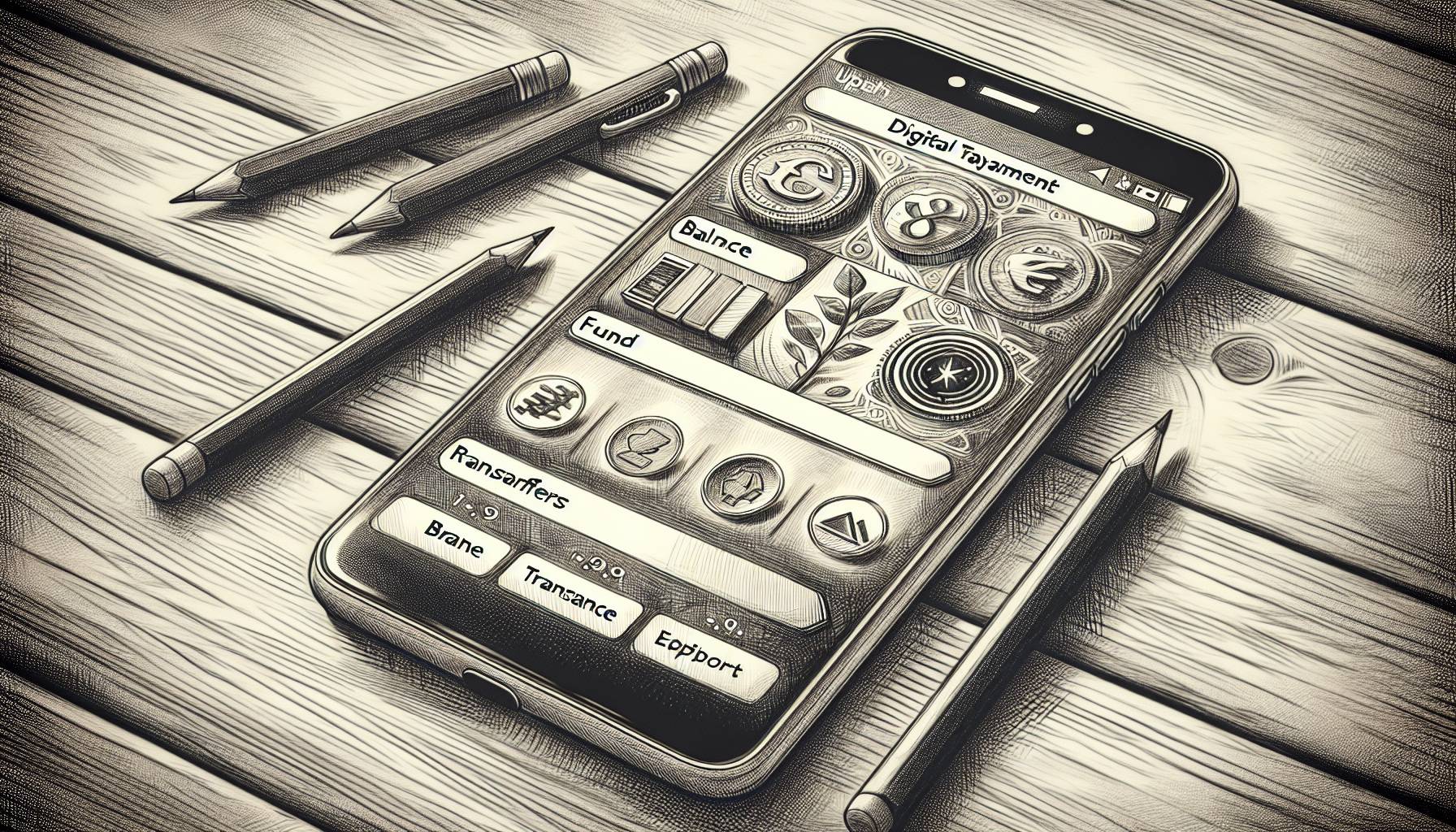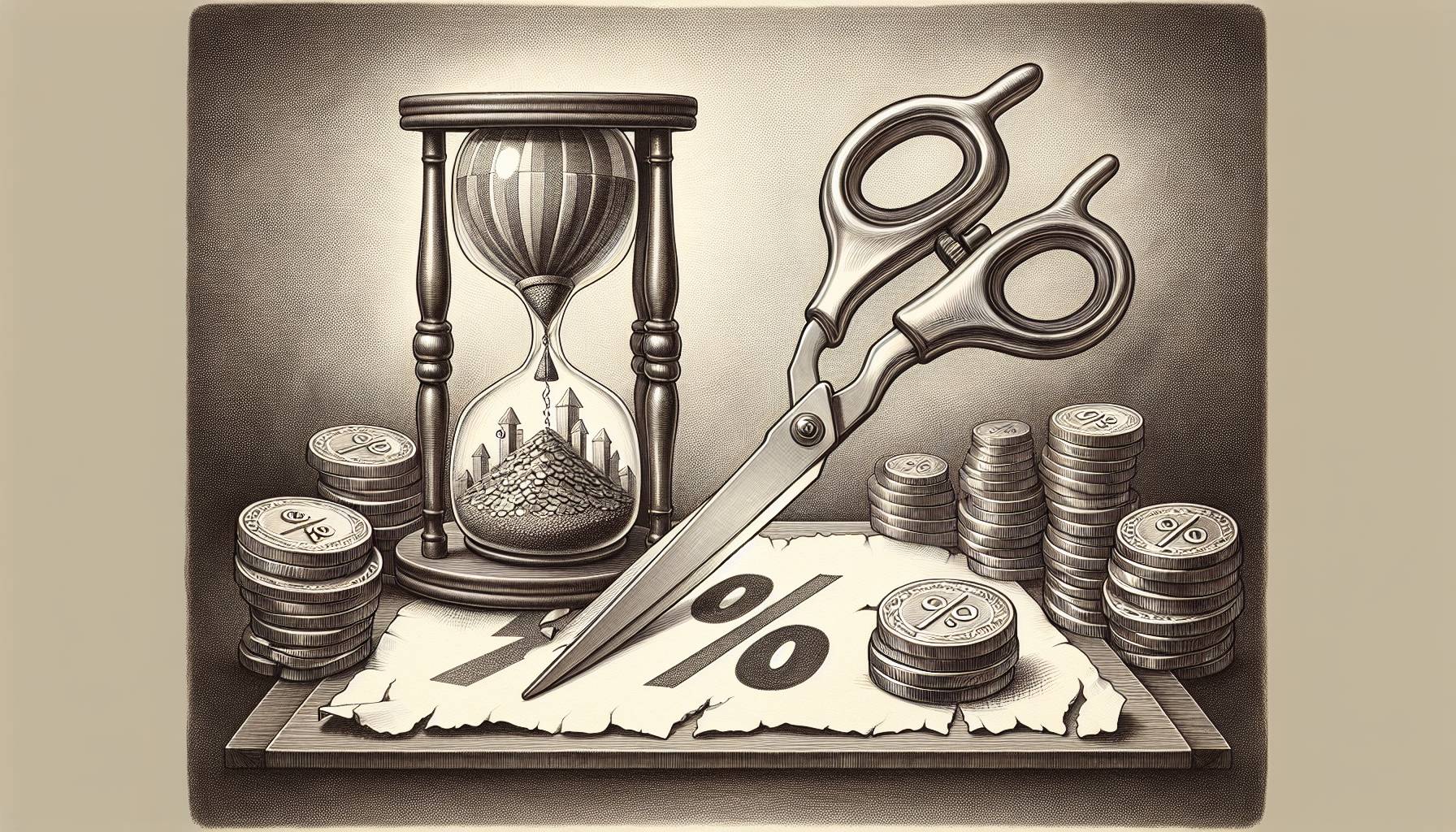With the release of the iPhone 4S, Apple has opened up its super-popular smartphone to a number of new customers by adding three of the four major carriers in the U.S. to its line-up.
But before there were exclusivity deals with carriers and every wireless company in America was courting the tech giant, hoping to land the iPhone for its network, there was a different plan in the mind of former CEO Steve Jobs.
According to a story from Ars Technica, Jobs originally planned to release the iPhone free of the constraints of partnerships with existing telecommunications companies in the U.S. During the development of the iPhone, venture capitalist John Stanton says he spent a good deal of time with Jobs, and discussed the idea of skipping the wireless carriers entirely, using only the broadband spectrum utilized by Wi-Fi, which is unlicensed, and therefore not controlled by one telecom company or another.
One wonders if Apple could have done it, supporting the iPhone on just the five channels of ultra-high-frequency spectrum dedicated to Wi-Fi. The eventual exclusive deal with AT&T to sell the iPhone in 2007 is probably a good indication that Apple couldn’t make an independent iPhone network work with cost-effective results.
But Apple still was able to have a pretty big effect on the cellular phone world, even if it wasn’t able to reshape it (completely) in its own image. With the exclusivity deal of the iPhone with AT&T, Apple was able to rewrite the rules for cellular phones. Whereas before, device makers had been somewhat at the mercy of carriers, Apple reversed that dynamic. Where other device makers would enter into a partnership with carriers through development of their devices, and carriers would tweak phones and add software features through the process, Apple created the entire experience of the iPhone with no input from anyone else.
The results have seriously paid off for Apple while probably creating a world that cellular carriers hoped they’d never see. The iPhone 4S is reportedly breaking sales records for AT&T, Sprint and Verizon, the three major carriers that now offer it, and Sprint reportedly made a $15.5 billion deal with Apple over four years to get the device. That’s a massive investment for a single device.
Other device manufacturers and companies have followed Apple’s lead to an extent, with Google leveraging its mobile operating system to bring in lots of money that could have otherwise gone to carriers. It’s hard to deny the massive impact the iPhone has made on the industry since its arrival almost five years ago. Even though Jobs wasn’t able to cut carriers out entirely, he was still able to wrest control of the smartphone market away from them in many ways.


